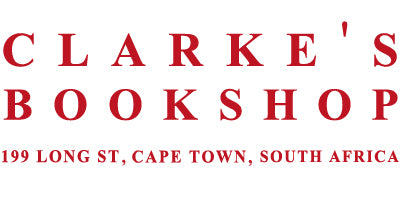WOMEN UNDER APARTHEID, in photographs and text
Oblong 8vo., 119pp., illus., paperback, corners bumped, International Defence and Aid Fund for Southern Africa, London, 1981
From the back of the book:
“The 100 photographs are derived from a photographic exhibition commissioned by the United Nations especially for the World Conference of the United Nations Decade for Women in 1980.”
About the Publishers
The International Defence and Aid Fund for Southern Africa (IDAF) was a pivotal anti-apartheid organisation that, over 25 years, covertly channelled £100 million into South Africa to fund the legal defence of political activists and provide support for their families.
IDAF grew out of Christian Action (CA), an organisation founded by Canon John Collins, who believed in linking Christian principles with social justice. After visiting South Africa in 1954 and witnessing apartheid firsthand, Collins committed CA to supporting the families of persecuted activists. In 1956, following the mass arrest of 156 individuals in the Treason Trial, he arranged for funds to be sent to Bishop Ambrose Reeves in Johannesburg to secure legal representation—an initiative that led to the establishment of the British Defence and Aid Fund for Southern Africa, which later evolved into IDAF.
As the apartheid state intensified its repression, IDAF expanded its efforts internationally. With growing support from Scandinavian countries, the United Nations, and branches in Britain, New Zealand, Holland, and India, it became a vital lifeline for those resisting apartheid. In 1966, South Africa’s Minister of Justice, Johannes Vorster, banned IDAF under the Suppression of Communism Act, but the organisation continued its work through clandestine networks.
Beyond its financial assistance, IDAF also played a critical role in documenting and exposing the realities of apartheid through research and publication. After Canon Collins’ death in 1982, Horst Kleinschmidt assumed the directorship, continuing the organisation’s mission until its closure.
Source: Adapted in part from the African Activist Archive

